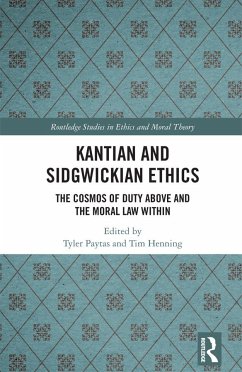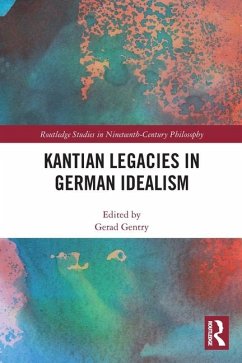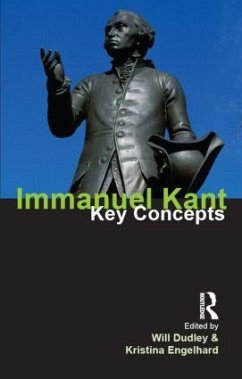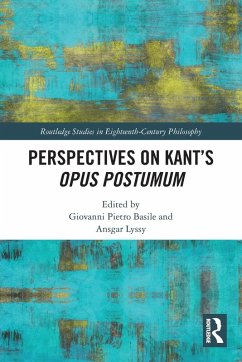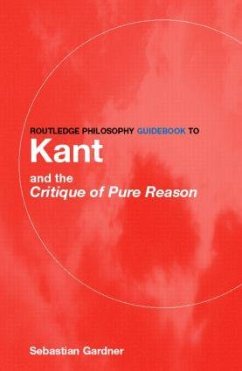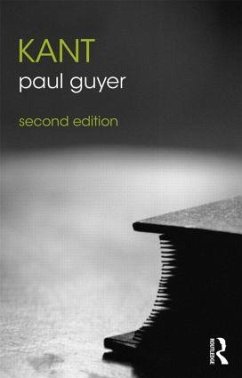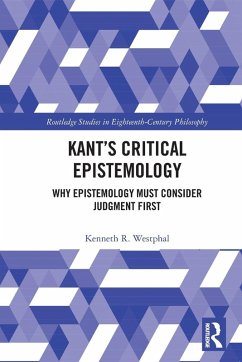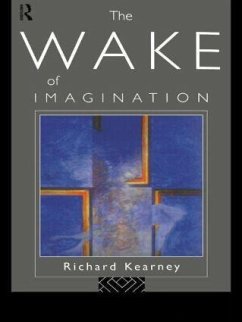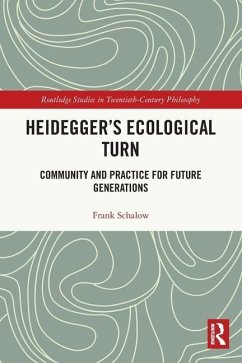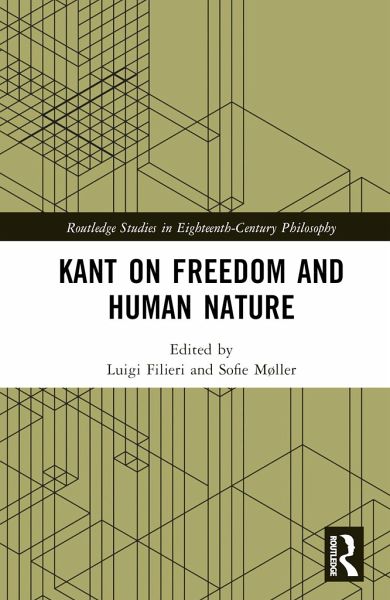
Kant on Freedom and Human Nature
Versandkostenfrei!
Versandfertig in 6-10 Tagen
137,99 €
inkl. MwSt.
Weitere Ausgaben:

PAYBACK Punkte
69 °P sammeln!
The essays in this volume provide new readings of Kant's account of human nature.Despite the relevance of human nature to Kant's philosophy, little attention has been paid to the fact that the question about human nature originally pertains to pure reason. The chapters in this volume show that Kant's point is not to state once and for all what the human being actually is, but to unite pure reason's efforts within a unitary teleological perspective. The question about human nature is the cornerstone of reason's unity in its different activities and domains. Kant's question about human nature go...
The essays in this volume provide new readings of Kant's account of human nature.
Despite the relevance of human nature to Kant's philosophy, little attention has been paid to the fact that the question about human nature originally pertains to pure reason. The chapters in this volume show that Kant's point is not to state once and for all what the human being actually is, but to unite pure reason's efforts within a unitary teleological perspective. The question about human nature is the cornerstone of reason's unity in its different activities and domains. Kant's question about human nature goes beyond our empirical inquiries to show that the notion of humanity represents the point of convergence and unity of pure reason's most fundamental interests.
Kant on Freedom and Human Nature will appeal to scholars and advanced students working on Kant's philosophy.
Despite the relevance of human nature to Kant's philosophy, little attention has been paid to the fact that the question about human nature originally pertains to pure reason. The chapters in this volume show that Kant's point is not to state once and for all what the human being actually is, but to unite pure reason's efforts within a unitary teleological perspective. The question about human nature is the cornerstone of reason's unity in its different activities and domains. Kant's question about human nature goes beyond our empirical inquiries to show that the notion of humanity represents the point of convergence and unity of pure reason's most fundamental interests.
Kant on Freedom and Human Nature will appeal to scholars and advanced students working on Kant's philosophy.




